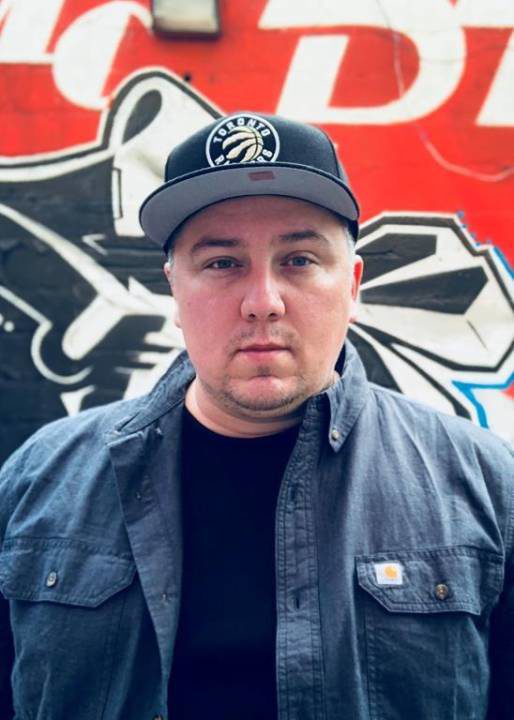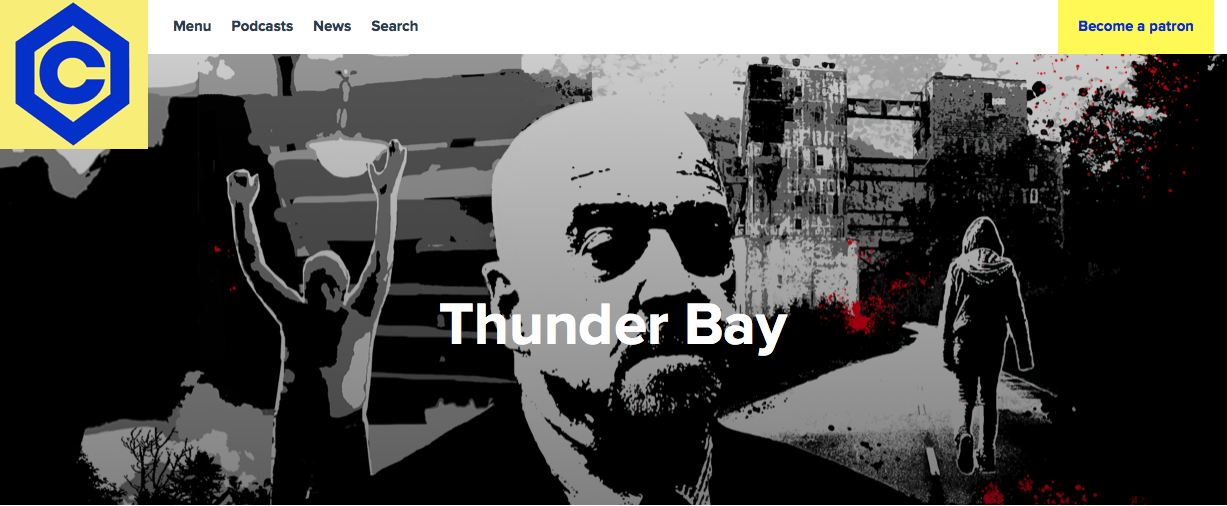By Adina Bresge
A true-crime podcast probing the deaths and disappearances of Indigenous youth in Thunder Bay, Ont. is set to be adapted for the small screen.
Northwood Entertainment and the producers of Canadaland’s “Thunder Bay” are teaming up to develop the podcast into a TV drama series.
Downloaded more than a million times worldwide, the podcast examines how the forces of crime, corruption and colonialism put Indigenous youth at risk in the Northwestern Ontario city.
Ryan McMahon, the podcast’s host and an executive producer on the TV series, says the adaptation will delve deeper into these themes while reaching a wider audience.

The Anishinaabe comedian, writer and activist says the show will draw from the real-life stories in the podcast, but will feature elements of fiction that speak to broader truths.
He says the impacts of systemic racism on Indigenous communities extend well beyond Thunder Bay, and the drama will “create a world we want to talk about.”
“I hope … the people of Thunder Bay don’t feel like they’re going to be attacked in a dramatic television series. That’s not the intention,” McMahon said by phone from Winnipeg.
“The intention is to continue the conversation and the investigation into how we make things better in this country.”
McMahon and his fellow executive producers, Miranda de Pencier of Northwood Entertainment and Jesse Brown of Canadaland, are in the process of finding a showrunner for the series.
McMahon said one of the key criteria for the role is understanding the cultural context of the show, rather than relying on the tropes that have dominated representation of Indigenous Peoples on TV since the medium’s inception.
“It’s really a unique opportunity, I think, to have a series like this led through an Indigenous story lens, right from the start. Not once the story is made and we need a cultural fixer,” he said.
“We’ve been dehumanized for too long. And I think at the end of the day, making a series like this will really bring the humanity to the forefront, and show non-Indigenous people that we are very much the same as them.”
He thinks the project signals a change within an entertainment industry that is willing to tell Indigenous stories to an audience that is ready to hear them.
“We’re not just at the table as participants. We have a strong voice,” said McMahon.

